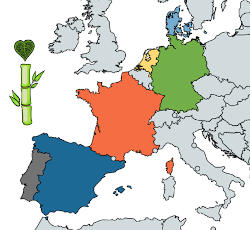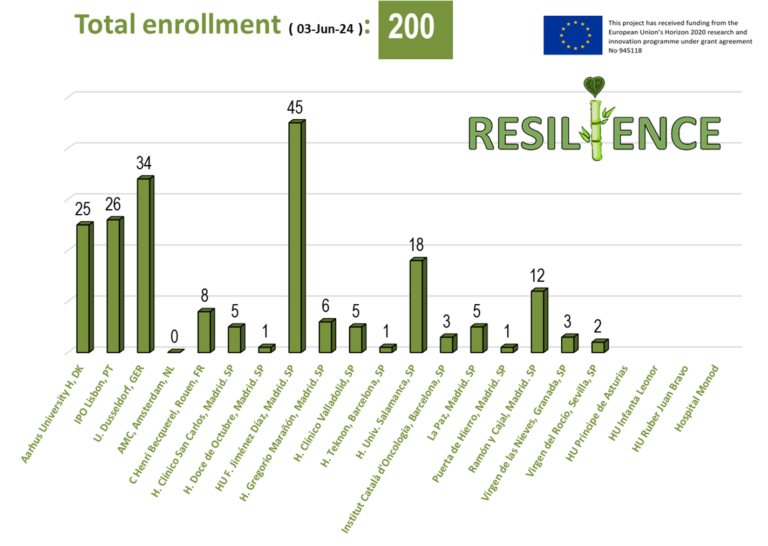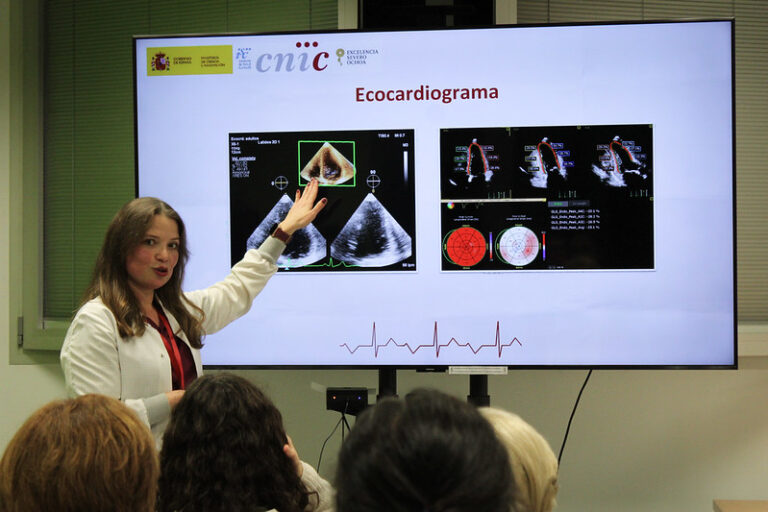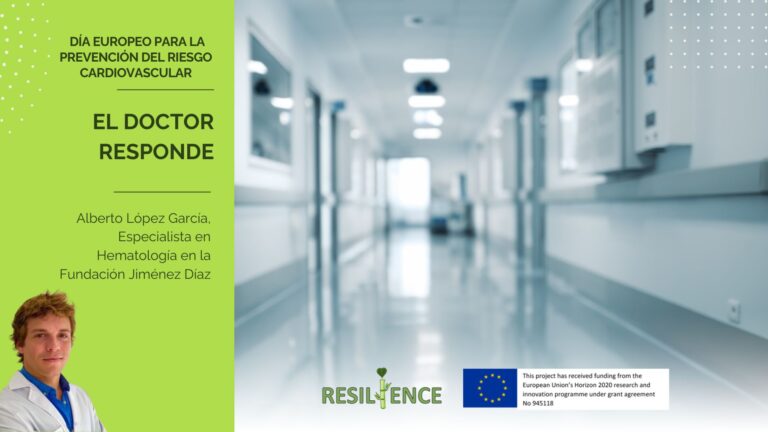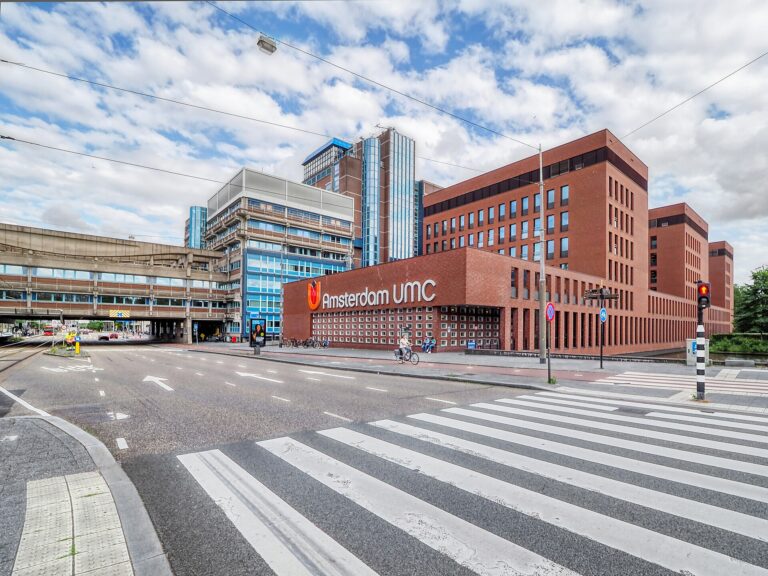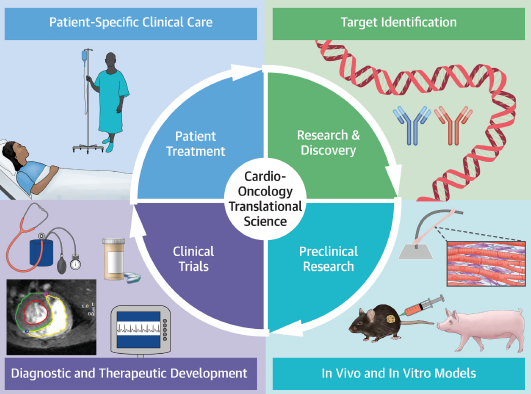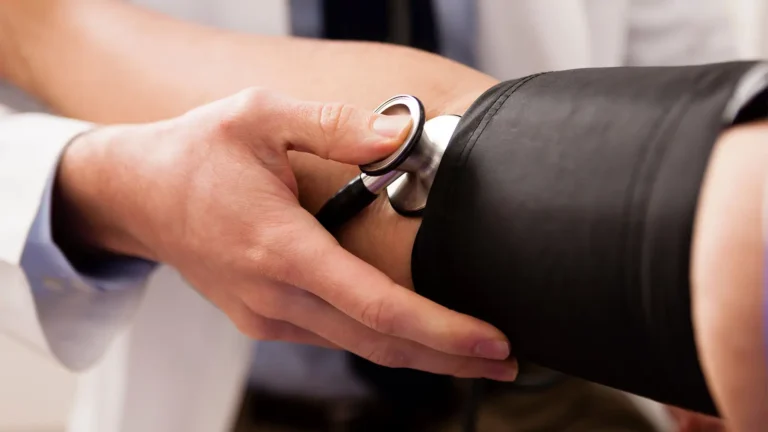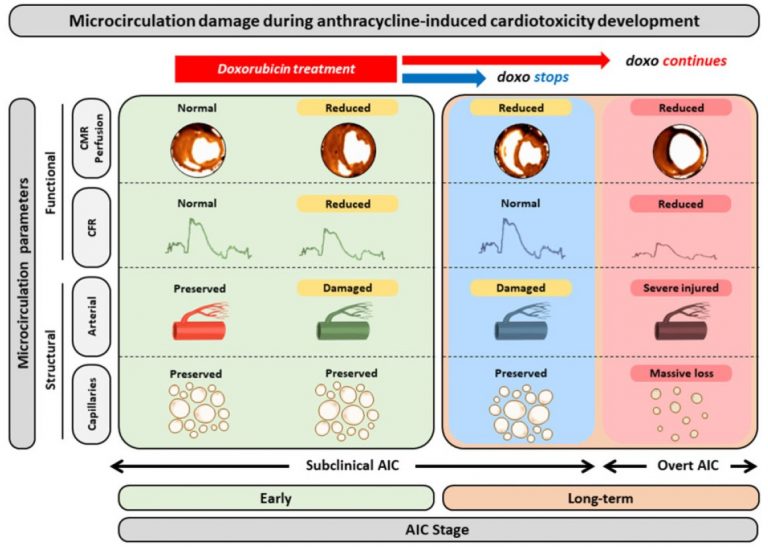Excerpt: All lymphomas originate from a type of white blood cell called lymphocytes, but there are different types, and they behave, spread and respond to treatment differently.
Cancer appears when cells that have some abnormality reproduce uncontrollably. There are many different types, but we can group them into two main categories: hematological cancers, which originate in the blood, and solid tumor cancers, which occur in any organ or tissue.
Within hematological we find, among others, lymphomas. They originate from lymphocytes, a type of white blood cell, which are an important part of our immune system and are responsible for fighting germs. Generally, lymphomas are classified into two broad categories: Hodgkin lymphomas and non-Hodgkin lymphomas. What is the difference? We explain it to you in this new RESILIENCE blog entry.
How does the lymphatic system work?
First of all, to understand what lymphomas are, it is important to understand the lymphatic system. It is part of the body’s immune system, responsible for fighting infections and other diseases. It also helps control the circulation of fluids throughout the body.
The lymphatic system is made up mainly of cells called lymphocytes, which can be of two types:
- B lymphocytes: these cells produce proteins known as antibodies, which help protect the body from bacteria and viruses.
- T lymphocytes: there are many types of T cells. Some destroy germs or abnormal cells in the body and others stimulate or slow down the activity of other cells in the immune system.
These lymphocytes move through the body through lymphatic tissue, which is made up of lymph nodes and vessels, spleen, bone marrow, thymus, adenoids and tonsils, and the digestive tract. Although lymphomas can start anywhere in the lymphatic system, they most often originate in lymph nodes located in the upper part of the body, such as the chest, neck, or armpits.
How are Hodgkin and non-Hodgkin lymphomas different?
The main difference between one type of lymphoma and another lies in the specific lymphocyte that affects each one. They can be differentiated by observing the cells under a microscope. If the cell called Reed-Sternberg is present, we have Hodgkin lymphoma and if it is not, we have a non-Hodgkin type.
The latter is the most common and its incidence increases progressively with age. It accounts for approximately 3% of all tumors diagnosed in the world in 2020 given that it combines different subtypes of lymphoma and is the seventh with the highest incidence in Spain. On the other hand, Hodgkin lymphoma is rarer, although its incidence increases in young patients. It is estimated that in 2021, 1,298 cases of Hodgkin lymphoma were diagnosed in Spain.
However, there are many subtypes of lymphomas and knowing the diagnosis of each one in detail is essential to determine the prognosis and treatment options.
For the individualized treatment of both types of lymphoma, schemes are mostly used where anthracyclines are used at different doses and dosages.
Recently, the inclusion criteria have been modified so that a maximum number of patients could benefit from the RESILIENCE study, including patients with Hodgkin’s lymphoma, which, as indicated, is on generally younger population, so patients with any subtype of lymphoma who are going to receive anthracyclines in the first line of treatment, if they meet the rest of the criteria, could be included in the study.




